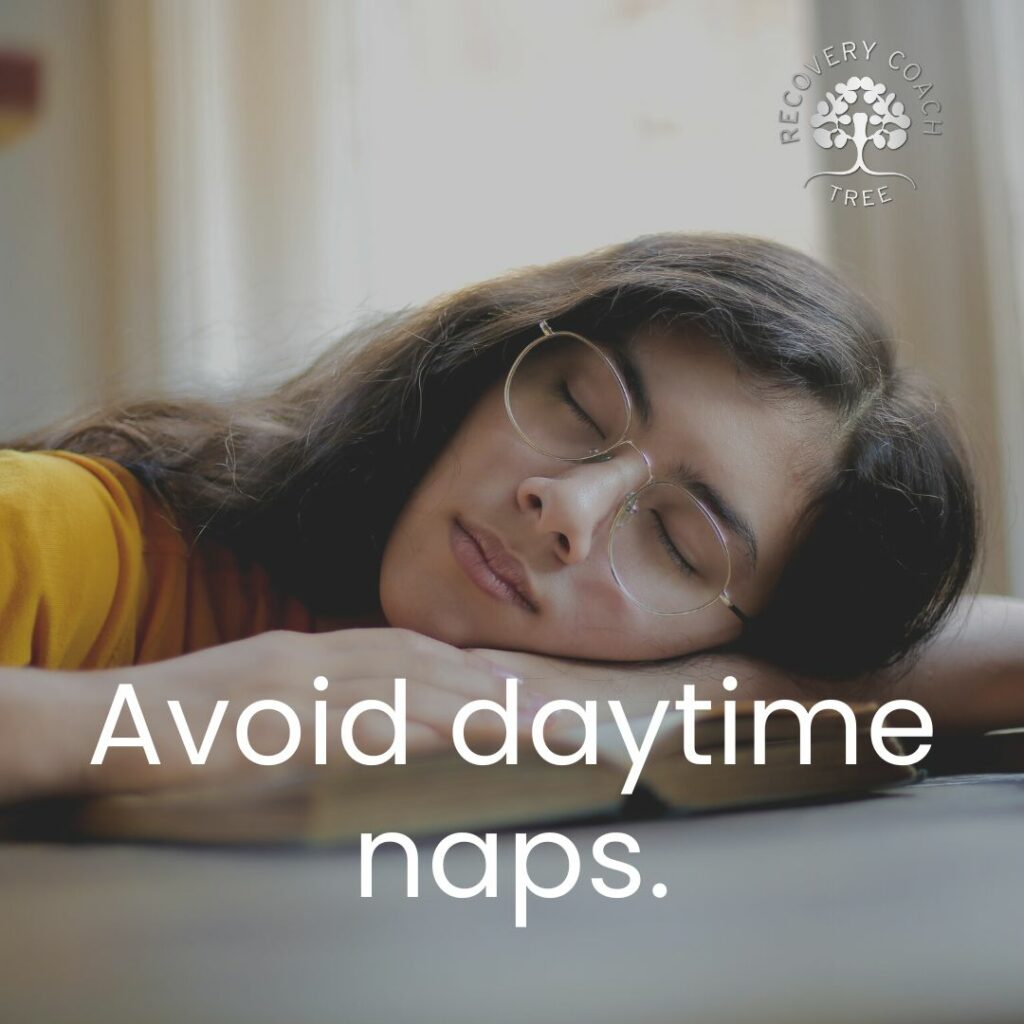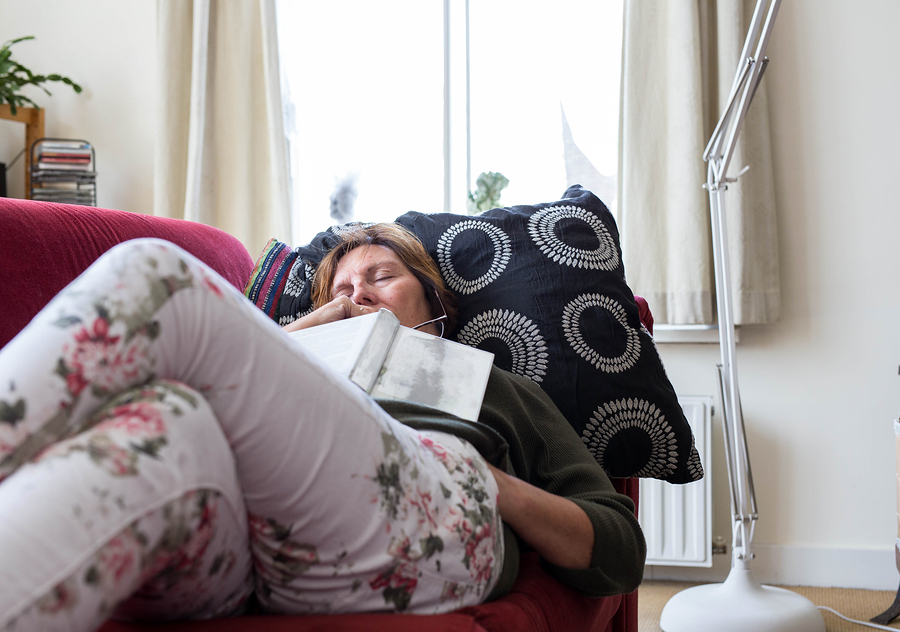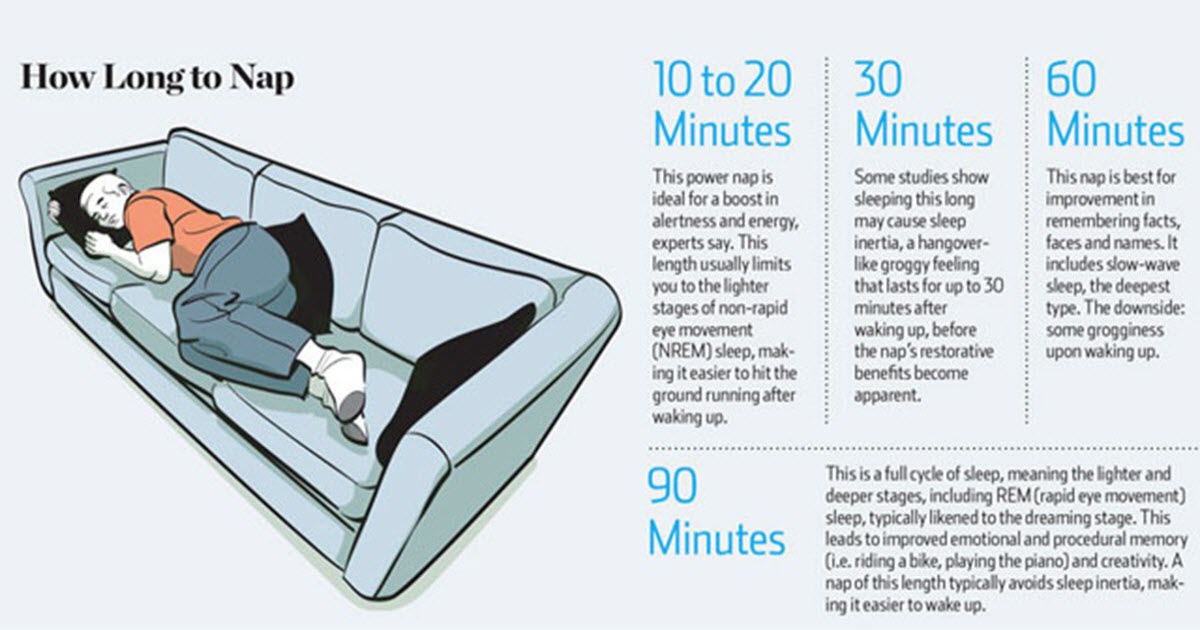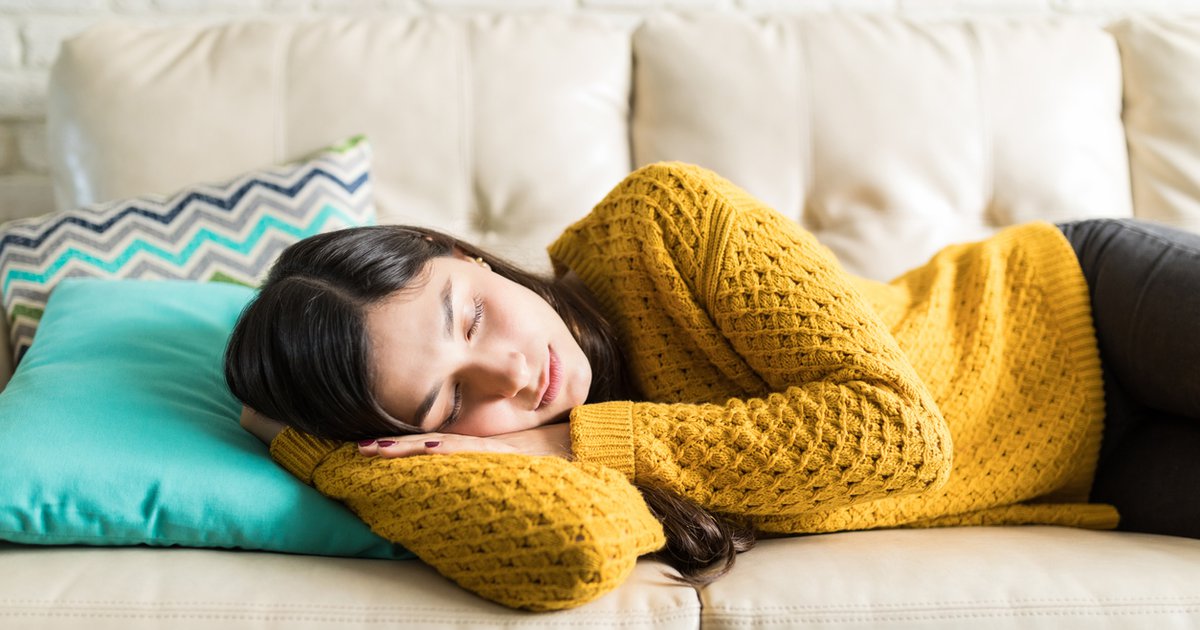Out Of This World Tips About How To Avoid Naps

Research also shows that naps reduce the level of adenosine in the.
How to avoid naps. First, make sure you avoid napping too late in the day as this could affect your ability to fall asleep at night. Time it right by setting an alarm. One study also suggests that consuming caffeine before a nap may be the best countermeasure for sleep inertia.
Do it earlier in the day and use an alarm to make sure you keep your nap at just the right length of time. Can the afternoon slump really be stopped? The ideal nap length, between 20 and 30 minutes, should help you wake up feeling refreshed without falling into deep sleep.
If you're feeling sleepy, some brief exercise can help wake you up. Set aside no more than eight hours for sleep. Rest can help you avoid daytime sleepiness.
Gordon cormier, who plays the show’s main character aang, shared that he. [1] sleep requirements vary from person to person, but on average, you should be getting between seven to nine hours of sleep to function at your best during your waking hours. There are few things more annoying than the feeling of being about to fall asleep and not being able to do so for fear of getting fired or other consequences.
Naps are short durations of daytime sleep, usually lasting 10 minutes to a few hours. Fortunately, there are several ways to get rid of grogginess and feel more alert after napping. The last airbender ,” a sky bison makes for the best nap spot, the young cast soon learned.
This one has been the bane of my life for years. Speed and accuracy improvement on cognitive tasks. Stick to a sleep schedule.
Afternoon sleepiness is a huge problem that affects your ability to be productive and carry out tasks. Shorter naps can also help to prevent you from having trouble falling asleep that evening. Studies show that you are more productive after exercise.
Napping during this time has been found to boost energy levels, increase alertness, improve mood, enhance memory and cognitive ability, and improve physical ability. Chris mosunic, phd, rd, cdces, mba. The recommended amount of sleep for a healthy adult is at least seven hours.
How to prevent grogginess after a nap. Most people don't need more than eight hours in bed to be well rested. An average sleep cycle lasts from 90 to 110 minutes, in a flux from light sleep to deep sleep.
Second, limit the time you spend napping to only 30 minutes or less. Plan your nap to minimize grogginess. Napping can be a helpful way to reduce fatigue and feel more awake during the day, but lingering feelings of grogginess make some people hesitant to take a midday rest.


















